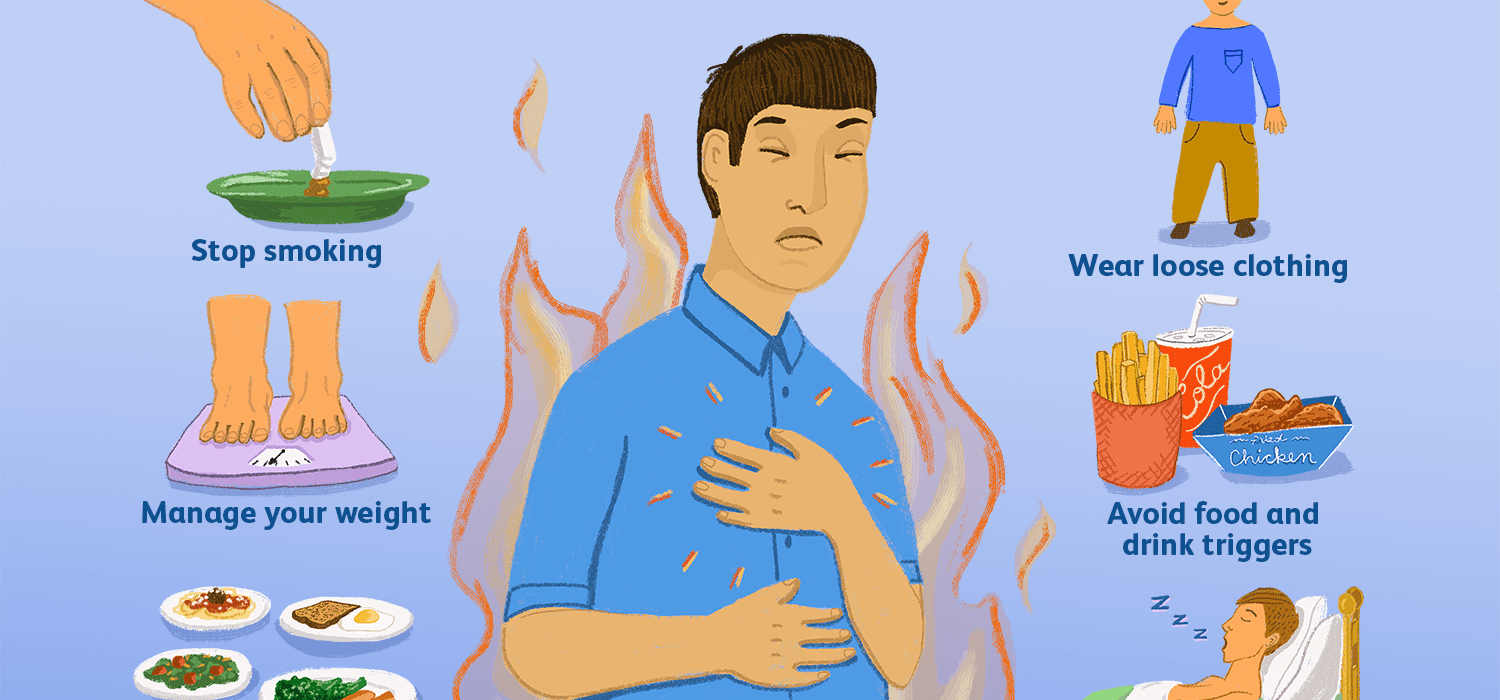In gastroenterology there is such a concept as “acid-dependent diseases”. They now commonly include: gastric and duodenal ulcer; gastroesophageal reflux disease; chronic gastritis associated and non-associated with Helicobacter infection; chronic pancreatitis and other diseases. This group of diseases manifests itself by the development of inflammatory-degenerative changes due to impaired peristalsis, increased volume of gastric contents with hypersecretion and delayed emptying, aggressive influence of hydrochloric acid on the mucous membrane. If you are looking for medications to help you overcome your symptoms, visit https://farma-shop.best/zantac-ranitidine.
Heartburn, burning, pain behind the chest and in the stomach, heaviness when overeating; various belching (air, sour contents, eaten food, etc.), throwing sour and bitter contents in the mouth, abdominal pain are the main symptoms of the above diseases. Elevated gastric acidity or heartburn develops when the contents of the stomach enter the esophagus. Common reasons for the intrusion of an acid environment into the esophagus are: failure to follow a diet (use of spicy and fatty foods), increased intra-abdominal pressure, smoking, drinking alcohol, coffee, carbonated drinks, taking certain medications, decreased tone of the lower esophageal sphincter, stress and pregnancy.
Such a disorder as heartburn should always be treated. Drugs for heartburn are divided into two types:
- alginates;
- antacid agents.
They differ in their composition and mechanism of action. Alginate-based medications are used to relieve the rapid symptom of heartburn. Alginates are drugs based on alginic acid, which when taken orally have a physical rather than chemical effect. They are natural components of brown seaweed (from Latin alga meaning sea grass, seaweed).

The mechanism of action of alginates is of physical nature. When taken orally after a meal such preparations react with the acidic contents of the stomach, and within 1-2 minutes form a non-absorbed, strong, viscous, close to neutral (ph -7) barrier – “raft” floating on the surface of the stomach contents for up to 4 hours. During its formation the acidic environment of the stomach does not change, and therefore the physiological process of digestion is not disturbed. Due to the physical mechanism of action, the absence of systemic effect and drug interactions, alginate preparations are safe and effective over-the-counter treatments and prevention of heartburn. It is important to note that these drugs are used in pediatric practice and are approved for use in pregnant and lactating women.
Antacids are a group of drugs, the action of which is aimed at reducing the acidity of gastric juice by interacting with hydrochloric acid. Antacids are used in medicine for about 100 years and still have not lost their importance, as affordable and easy to use. The mechanism of action of antacids is due to the ability to chemically bind hydrochloric acid and thereby alkalize the stomach contents (i.e. increase the pH in the stomach); absorb bile acids, pepsin and lysolecithin, reducing the risk of development and progression of acid-peptic aggression and antral reflux gastritis; have a protective effect on the cellular structure, which leads in turn to increased bicarbonate secretion, mucus formation, improved microcirculation. You can find specialized medicines of this type at https://farma-shop.best/aciphex-rabeprazole-sodium. Use verified sellers if you want to buy medication.
